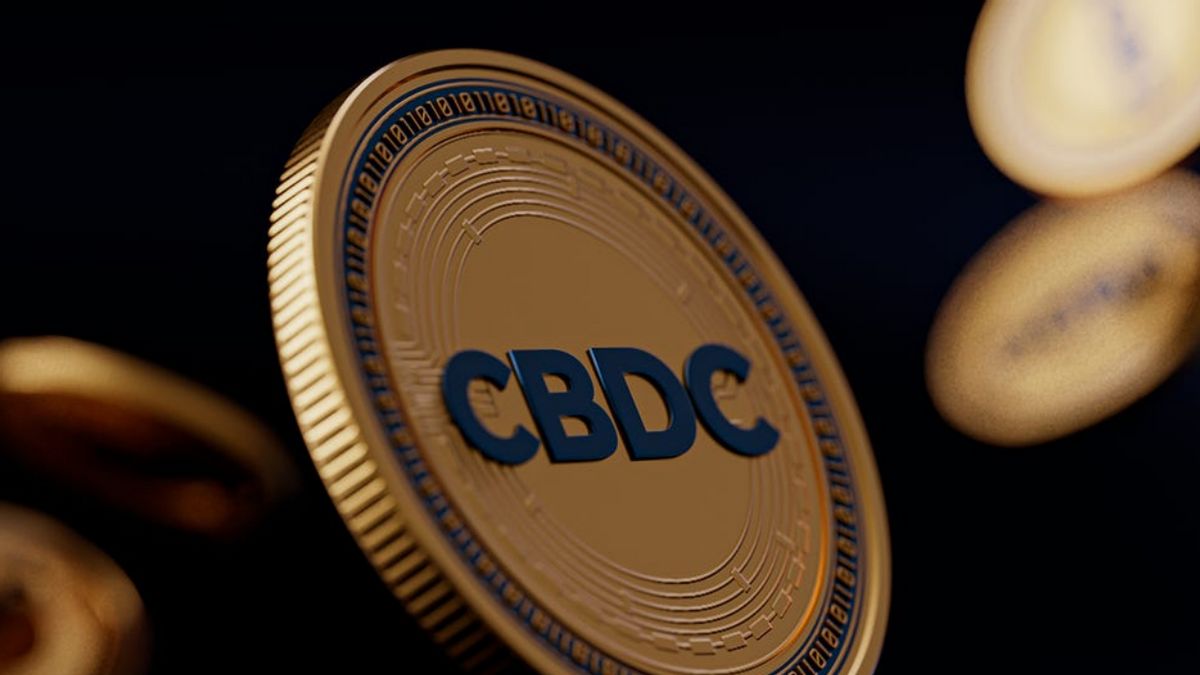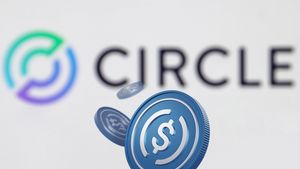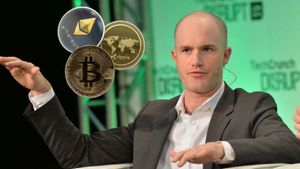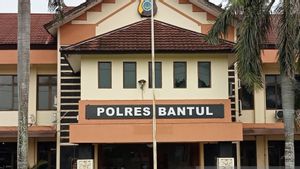JAKARTA Brazil, which has served as head of the G20 Summit meeting since December 1, plans to discuss the central bank digital currency (CBDC) and its potential for the global monetary system. Brazil emphasizes the importance of digital money exploration by adjusting digital asset law rules for G20 state members.
According to the President of the Central Bank of Brazil, Roberto Campos Neto, digital money has its own advantages in inter-state financial transactions. Digital money is claimed to be more cost-effective and efficient for international transactions.
"Digital currency can greatly reduce international transaction costs. The G20 will work to increase settlements and international transfer governance," said Roberto Campos Neto, quoted from Valor Economico.
SEE ALSO:
Furthermore, Campos Neto explained about the programming advantages inherent in digital currencies, detailing the increased efficiency in financial transactions. He outlined that the ability of digital money to schedule asset purchases and payments is claimed to be more efficient in the democratic financial realm.
"This [digital money] is technology that will continue to exist. It's democratic," he added.
On the other hand, Brazil itself is actively developing its own central bank digital money (CBDC), called drex. Now, Brazil's digital money is in the testing phase. Drex is claimed to have a high level of programming that allows automatic transactions for the purchase of a number of assets such as real estate and vehicles.
The plan is for Brazil's central bank to launch a draw in 2024. This step is in line with Brazil's commitment to exploring the potential of an efficient and cost-effective digital currency.
The English, Chinese, Japanese, Arabic, and French versions are automatically generated by the AI. So there may still be inaccuracies in translating, please always see Indonesian as our main language. (system supported by DigitalSiber.id)
















